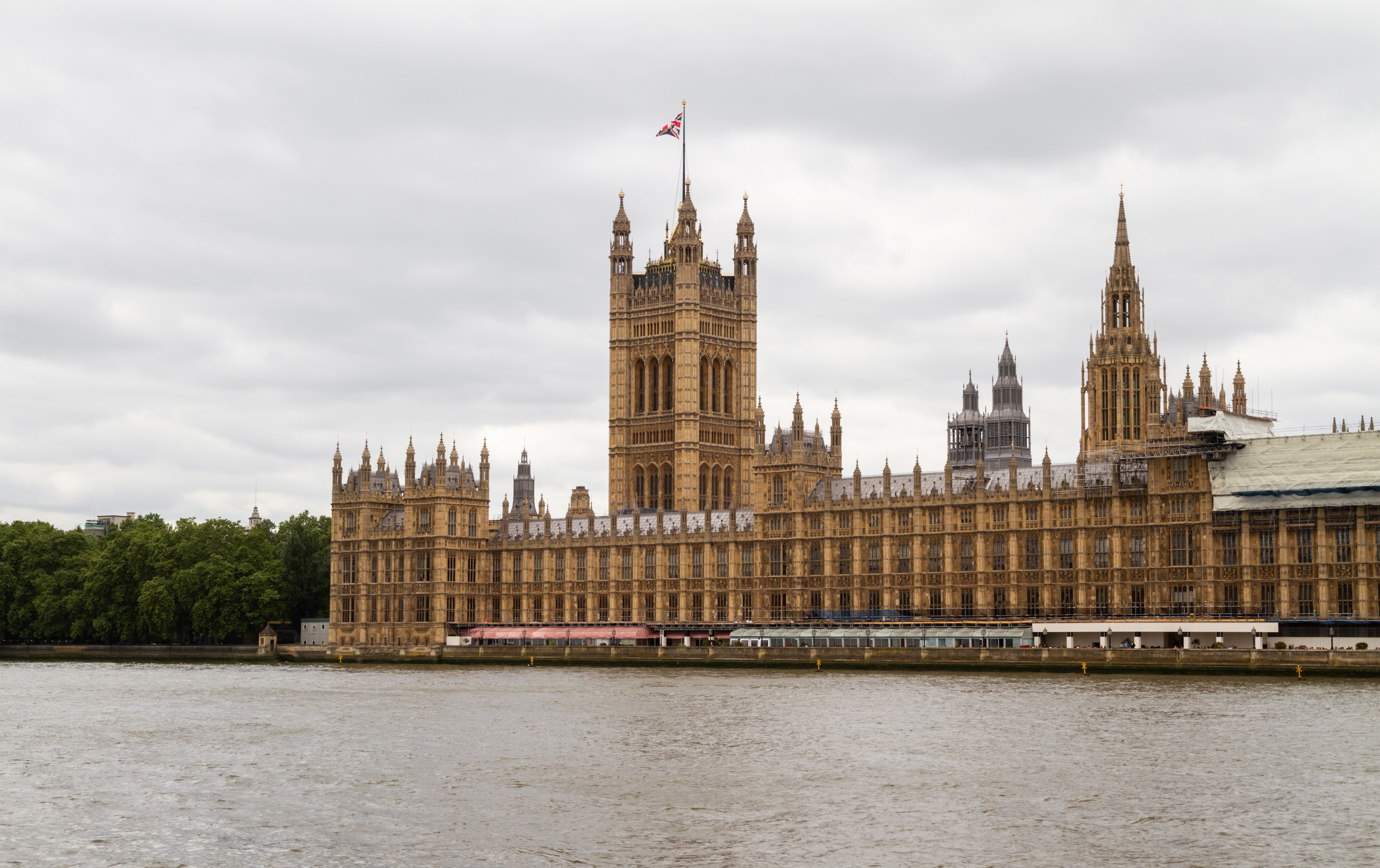The House of Lords Industry and Regulators Committee has criticised the use of leveraged liability-driven investment (LDI) strategies by defined benefit pension funds, which played a significant role in the financial turmoil following Liz Truss’s and Kwasi Kwarteng’s calamitous mini budget last September.
The committee’s chair, Labour peer Lord (Clive) Hollick (pictured), has written to Treasury and DWP (Department of Work & Pensions) ministers asking why regulators had not focused sufficiently on the risks and dangers that borrowing to boost investment returns could pose to pension scheme finances, and wider financial stability, writes Contributing Editor David Worsfold.
The peers also called for investment consultants to be brought under the Financial Conduct Authority, while asking the government to review repurchase agreements and derivatives regulations.
In the wake of the mini budget, the Bank of England launched a £65bn emergency gilt-buying programme to put a floor under plummeting long-dated gilt values. The aim was to halt a potential spiral or “doom loop” as pension funds were forced into asset fire sales to meet collateral calls on their liability driven investment (LDI) holdings.
Markets can move quickly
Despite hearing evidence from market experts and regulators that the market turbulence could not have been predicted, the committee said it “should not be a surprise to financial regulators, firms or pension schemes that financial markets can move quickly and create unforeseen risks, especially where hidden pockets of leverage exist”.
The committee report highlights the use of borrowing and derivatives which the committee says is not permitted by the relevant underlying European Union legislation, which “appears to have been permissively transposed in the UK in order to allow pension schemes to continue using such strategies”.
It is also scathing in its criticism of the role investment consultants played in creating the conditions that led to the crisis, saying “it is likely some pension scheme trustees were not aware of the potential implications of their LDI strategies and their decision-making struggled to match the pace of markets. This has led them to become dependent on advice from investment consultants, whose advice to schemes is currently unregulated and may not be comprehensive over the whole portfolio or cover operational requirements”.
In response, the committee has called on ministers to look at a series of reforms including “whether the use of repos and derivatives should be more tightly controlled and supervised in future”, possibly with far stricter limits and more transparent accounting.
It also wants The Pensions Regulator to be given a statutory duty or ministerial direction to consider the impacts of the pensions sector on the wider financial system.

Overwhelming evidence
In his letter to ministers, Lord Hollick said tighter regulation is essential:
“The evidence we heard overwhelmingly suggests that the use of LDI strategies caused the Bank of England intervention. If it were not for the use of leveraged LDI, then it is likely there would only have been some volatility and a market correction, rather than a downward spiral in government debt markets that threatened the UK’s financial stability and led to significant losses as pension fund assets had to be sold in order to meet LDI liquidity requirements.”
Response from pension fund managers and advisers has so far been rather muted but Jonathan Camfield, partner at consultants LCP, who gave evidence at a parallel House of Commons Work and Pensions Select Committee inquiry into LDI, said he was not convinced a heavy raft of new regulations was needed:
"There is a strong case for further improvements to the regulation of pension scheme investment strategies, following the turmoil of last autumn. Individual pension schemes may well have made decisions that made sense in isolation but these had knock-on impacts for the financial system as a whole, and this is an area where closer regulatory oversight would have led to a less bumpy ride.
“However, the Bank of England already has a role to look at system-wide issues such as this, and, working in partnership with the Pensions Regulator could be tasked with making sure that the system as a whole is less vulnerable to shocks going forward. I am however sceptical that the underlying cause of these problems was the accounting rules which apply to pension schemes. Pensions schemes decide their investment strategy primarily on the basis of the law and regulations which come from the Government and the Pensions Regulator, and it was this framework which was the primary driver for the use of leveraged LDI in the first place.”

